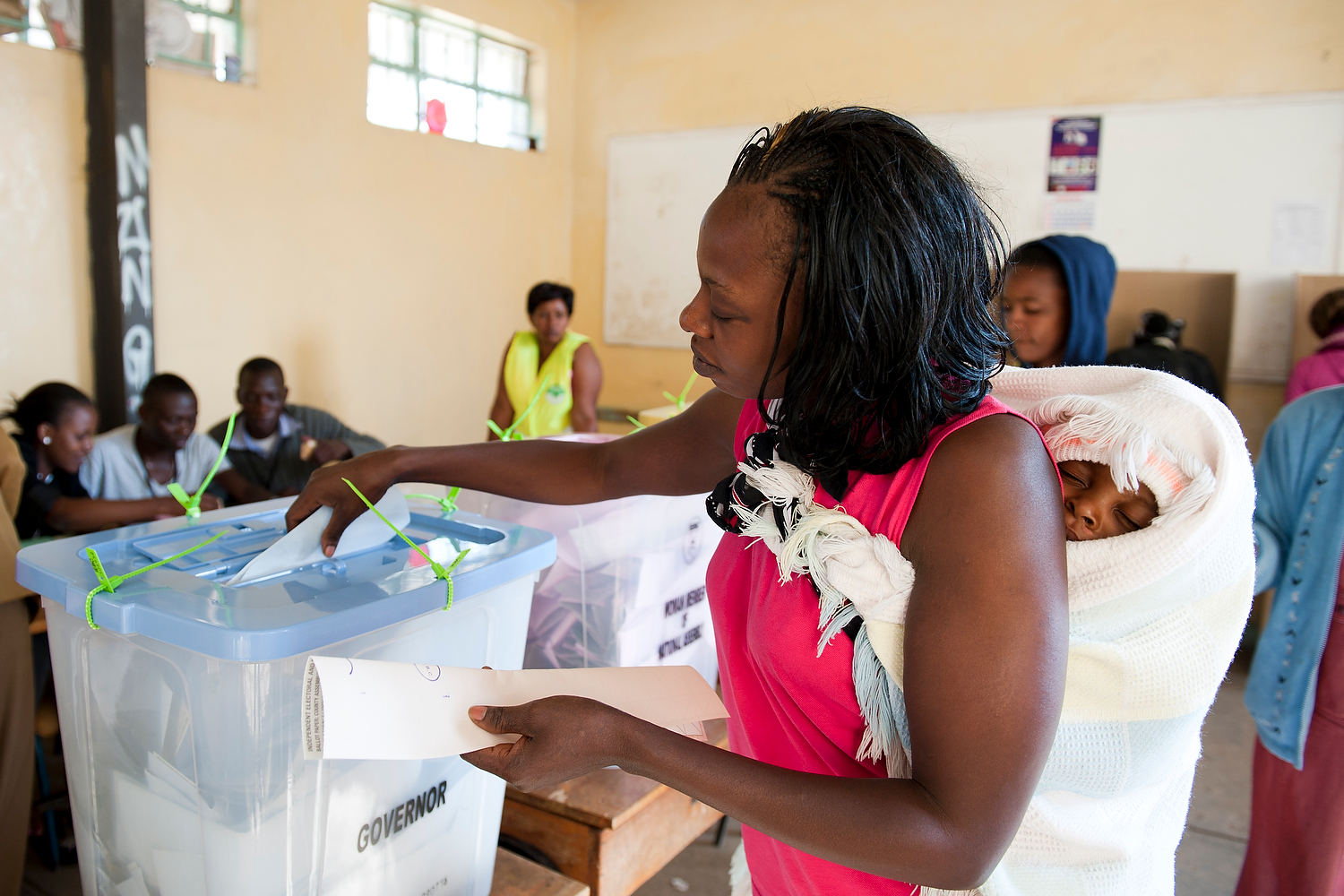
Foreign ministers of the European Union member states are expected to hold an “extraordinary” meeting at the headquarters in Brussels on Wednesday to discuss how they will collectively respond to the current crisis in Egypt.
EU Special Envoy for the Southern Mediterranean Region Bernardino León said on Monday that the EU foreign policy chief Catherine Ashton would present different proposals to the ministers before discussing how the EU would move forward on Egypt.
Daily News Egypt spoke to Olaf Boehnke, the head of the Berlin office European Council of Foreign Relations and an expert on EU foreign Relations and the Middle East. He explained the various options available for the Foreign Ministers when they meet on Wednesday.
“Most likely we will see Catherine Ashton announcing a collective stop of arms sales. As the situation deteriorated in such a dramatic way, I can’t see any foreign minister opposing to this step,” said Boehnke. He pointed out that Egypt is an important business partner for some EU states such as Spain, France, Germany and the United Kingdom. He said: “a comprehensive arms embargo would be the right signal” but without the support of the United States and Russia, Egypt’s biggest arms trade partners, it “wouldn’t make much of a difference.”
Another option, Boehnke explained, would be to freeze the EU’s foreign aid. “The largely mentioned €5 billion package is already based on conditionality and reform benchmarks which are not at all matched by Egypt anyway.” This, he said would be “more a symbolic move.”
Boehnke sees economic sanctions as being a more effective option, yet it would conflict with the EU’s common stance of assisting in the recovery of Egypt’s ailing economy. “The ministers’ hope, of course, that even the threat of doing so might have some mild influence on moderate forces within the Egyptian military and business.” He highlighted that since Saudi Arabia announced that it would provide aid if cut from the west, “the question is if such a European tactic really makes sense.”
Boehnke believes “the arms embargo is a must, for both the domestic audience in Europe and the partners in Egypt,” again stressing that without US, and to a lesser extent Russia, it would not be effective. He sees that a common EU and US position “seems to be the only option left for both sides of the Atlantic to send a clear signal to Cairo that Genera Al-Sisi has to make a strategic decision.” He added, “He deluded them once, [it is] unclear if he will dare to do so again.”
Boehnke stressed: “All measures agreed by the EU foreign ministers in terms of economic sanctions, cuts and so on will have to be checked against their effect on Egypt’s civil society.” He said that EU ministers should “think twice and try to coordinate this with local actors.”
Interim Minister of Foreign Affairs Nabil Fahmy, who embarked upon his first foreign visit to Sudan and South Sudan on Monday and Tuesday, spoke with some of his European counterparts ahead of their meeting on Wednesday. Fahmy explained “the facts of the Egyptian position” and called on the ministers to “take their positions on the basis of these facts,” according to a statement from the ministry.
The German Federal Foreign Office described the conversation between Fahmy and Foreign Minister Guido Westerwelle as “a grave discussion.” Westerwelle conveyed the German position on the current situation in Egypt and “particularly called for de-escalation and level-headed conduct.”
In July the United Kingdom, a key member of the EU, unilaterally revoked five export licenses, “specifically concerns about the potential for exports to be used for internal repression,” said a Foreign and Commonwealth Office (FCO) Spokesman.
The revoked licenses “were for small arms firearms components, armoured vehicle components and communications equipment.” The UK is also reconsidering all support and funding to Egypt and has “also suspended projects with the security forces and also decided not to participate in a planned military exercise.”


